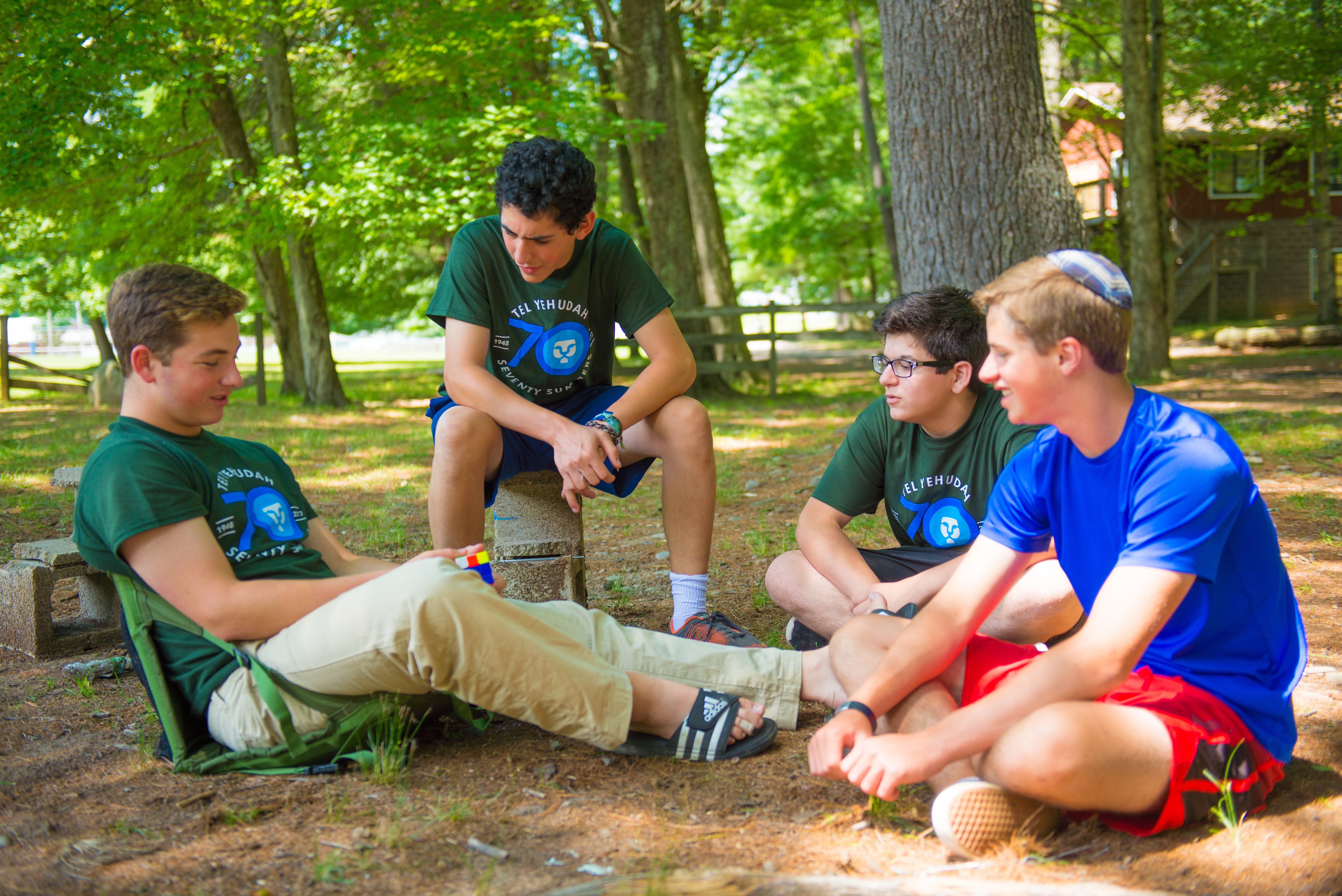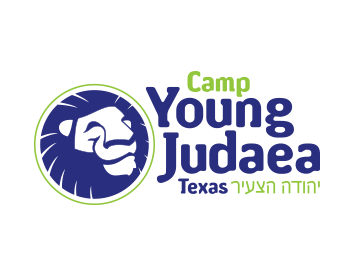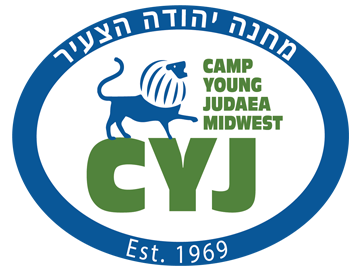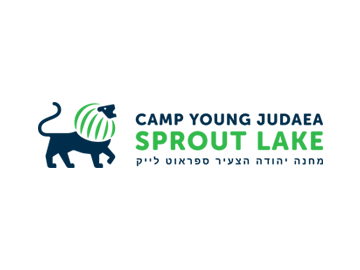Your Teen’s New Friends Are the Key to a Jewish Future
As parents, we work hard to raise our kids to be unique individuals. And as Jews, we work hard to reinforce to our kids that we have an identity as a people. We are one with our ancestors who fled from Egypt and those who built the modern State of Israel. We are one with anyone else who’s ever lit Shabbat candles, spun a dreidel, or sung the Sh’ma. We are one people, whether we live in the same era, time zone, or neighborhood.
So, like most parenting issues, it’s complicated.

And, like most Jewish discussions, there are many sides to consider.
Ultimately, what our kids need is a good bit of both, so we need to find experiences that reinforce their individuality and their peopledom. The neighborhoods where we choose to live and the schools we send them to are one piece of this puzzle. Whether being Jewish automatically makes us part of the majority or the minority, our inclination is to associate and connect with other Jews because we have this one thing in common. Even if that’s the only thing. But numbers alone—high or low—don’t make us part of a true community. It’s only when we seek out active opportunities like youth groups, summer programs, and trips to Israel that we see our teenagers grow into their unique selves as part of a vibrant Jewish community.
Organizations like Young Judaea are built on the premise of pluralism, while fostering the bonds of a tight-knit community, as seen in the first two tenets of their mission, “to embrace the diversity of the Jewish people, and “to connect with their Jewish identity and the Jewish people.”
Plus, when our kids reach out and meet new Jewish people from other cities, states, or countries like they do at Tel Yehudah every summer, they benefit even more. Here’s why:
What was old is new
Every family and congregation has its own traditions or versions of songs, prayers, and other elements of Jewish life. So the first time your teenager hears those familiar words set to a different tune or discovers new meaning in a blessing they’ve repeated thousands of times, their world expands and they find doors into Judaism that they never knew existed.
Minority rules
For those who grow up as the only Jewish kid—on their block, at their school, or in their town—spending weeks surrounded by others who’ve shared this experience is empowering. At first it’s just that sigh of relief that they’re not alone, but bonds quickly form and confidence grows as they share experiences and learn from each other about how to deal with everything from anti-semitism to awkwardness and loneliness in a society where most people assume you’re Christian.
Planning ahead
As much as we may not want to face it, our kids are rounding that last corner before they’re out on their own in the world. We can’t really help them feel settled at college or wherever their adventures, internships, and jobs take them, but by putting them in places today where they’ll connect with people from across the country and even the world, we’re building comfort for tomorrow as they make friendships that they can lean on wherever they go.
People first
Judaism may not always be our kids’ highest priority, however the relationships they have and the community they build will be. Research from the Jim Joseph Foundation explains how crucial relationships are to creating positive educational experiences, so much that they recommend focusing on how programs help teens build relationships more than how many programs teens attend. The more opportunities we can create for our teens to build relationships with other Jews and feel a part of a community, the more likely they are to keep a lifelong relationship with Judaism.
 Young Judaea
Young Judaea





